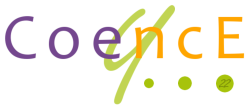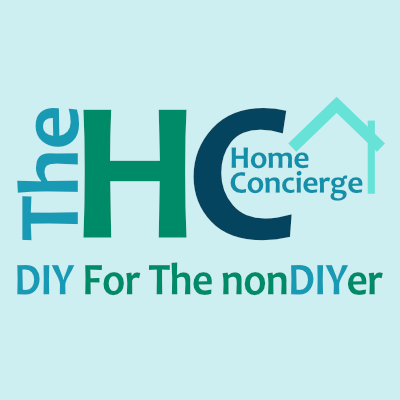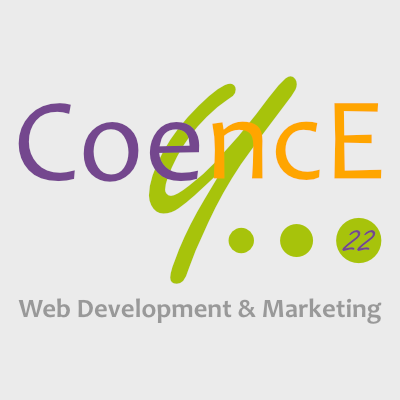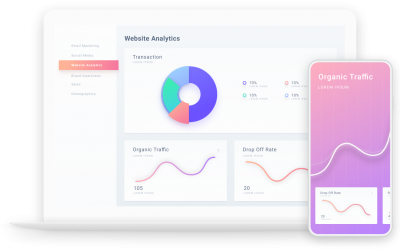Introduction
Imagine your website as a bustling store, filled with valuable information, products, or services. However, what’s the use if no one visits? In this guide, we’ll take you on a journey to discover how you can attract more visitors to your website. Think of it as your roadmap to navigating the digital highway.
Section 1: The Importance of Website Traffic
Understanding Website Traffic
Before we dive into the strategies, let’s define “website traffic.” It’s the flow of visitors who land on your website, explore its pages, and engage with its content. More traffic often translates to more opportunities for conversions, whether that means sales, sign-ups, or engagement.
Why Traffic Matters
Traffic isn’t just about numbers; it’s about potential. The more visitors you have, the greater your chances of achieving your website’s goals, whether it’s to inform, persuade, or sell. Additionally, search engines like Google often reward websites with higher traffic by ranking them more favorably.
Section 2: Crafting Quality Content
High-Quality Content
Creating valuable, informative, and engaging content is the cornerstone of attracting visitors. Whether it’s blog posts, articles, videos, or infographics, content that speaks to your audience’s needs can draw them in.
Keyword Research
Identify the keywords and phrases your target audience is searching for. Incorporate these keywords naturally into your content to improve your website’s visibility in search engines.
Section 3: Optimize for Search Engines (SEO)
SEO Fundamentals
Search Engine Optimization (SEO) is a powerful tool to improve your website’s search engine rankings. Learn the basics of on-page and off-page SEO, including optimizing titles, meta descriptions, and image alt text.
Building Backlinks
Backlinks from reputable websites can boost your SEO and increase your website’s authority. Develop a strategy to earn high-quality backlinks through guest posting and outreach.
Section 4: The Role of Social Media
Social Media Presence
Establish a strong presence on social media platforms relevant to your audience. Share your content, engage with followers, and use social media advertising to reach a broader audience.
Social Sharing
Make it easy for visitors to share your content on social media by including social sharing buttons on your website.
Section 5: Email Marketing
Building an Email List
Create opportunities for visitors to subscribe to your email list. Offer valuable incentives like ebooks, discounts, or newsletters to encourage sign-ups.
Email Campaigns
Leverage email marketing to keep your audience engaged. Send regular updates, promotions, and valuable content to your subscribers.
Section 6: Paid Advertising
Google Ads
Consider running paid advertising campaigns on Google Ads to appear at the top of search engine results for relevant keywords.
Social Media Ads
Explore paid advertising options on social media platforms like Facebook, Instagram, and Twitter to target specific demographics.
Section 7: Website Optimization
Mobile Optimization
Ensure your website is responsive and mobile-friendly. With more users browsing on mobile devices, a seamless mobile experience is essential.
Page Load Speed
Optimize your website’s speed to prevent visitors from leaving due to slow-loading pages. Compress images, reduce scripts, and use content delivery networks (CDNs) to improve load times.
Section 8: Analyze and Adapt
Analytics Tools
Utilize tools like Google Analytics to track your website’s performance. Analyze metrics such as page views, bounce rate, and conversion rates to identify areas for improvement.
A/B Testing
Experiment with different website elements, such as headlines, images, and CTAs, to determine what resonates best with your audience.
Conclusion
Driving more traffic to your website is an ongoing journey, not a destination. By consistently creating high-quality content, optimizing for search engines, leveraging social media and email marketing, considering paid advertising, and optimizing your website, you can steadily increase your website’s traffic. Remember that it’s about more than just numbers; it’s about connecting with your audience and achieving your website’s goals. So, put on your digital navigator’s hat, keep learning, adapting, and soon you’ll find your website bustling with eager visitors, ready to explore what you have to offer on the digital highway.






